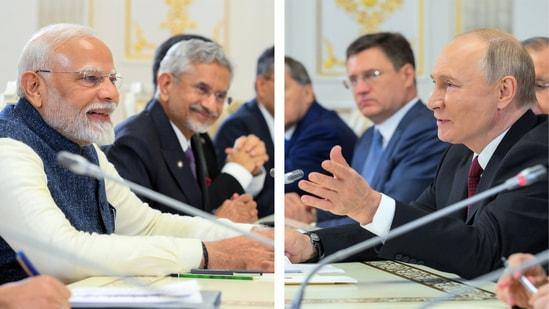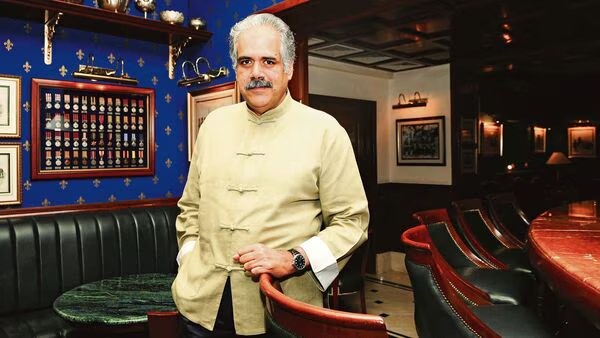The Bank of France has revised down its growth projections for the coming years, citing the impact of higher energy prices and austerity measures aimed at reducing the budget deficit.
As the economy adjusts to these changes, the pace of expansion is expected to be slower than previously anticipated, despite a boost in household spending driven by lower inflation. Recent surveys of business sentiment suggest only minimal growth of between 0% and 0.1% in the second quarter of this year.
This downward revision poses a challenge for President Emmanuel Macron, particularly as he navigates snap legislative elections following his party’s defeat in the European Parliament vote. Macron’s economic policies have faced criticism, with opponents, notably Marine Le Pen of the National Rally party, capitalizing on concerns over reforms and household incomes to bolster their popularity.
The sluggish growth has already impacted Macron’s government, leading to difficulties in deficit reduction and necessitating additional cost-cutting measures amounting to €20 billion ($21.5 billion) this year. Le Pen has condemned these plans, labeling them as an unfair social and fiscal “purge” in France.
The Bank of France highlighted the uncertainty surrounding fiscal consolidation as a key risk to its forecasts, emphasizing the need for clarity in the government’s long-term program. Detailed measures and their potential effects on growth remain crucial considerations.
While the central bank maintained its inflation forecasts, predicting a gradual decline to 1.7% from next year onwards, it raised projections for inflation excluding energy and food to 2.5% for this year.
Despite these challenges, the Bank of France maintains a cautiously optimistic outlook, foreseeing a gradual recovery in growth by 2025 and 2026, supported by a steady exit from inflation without recession.











